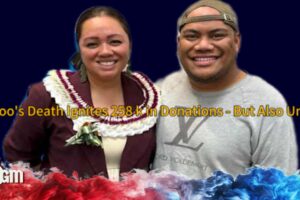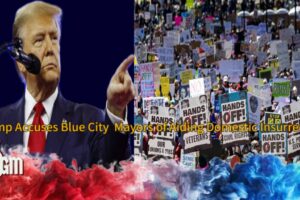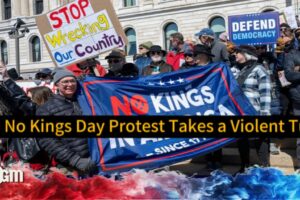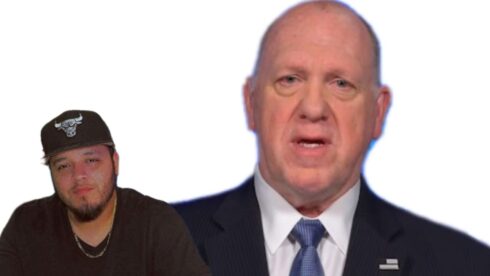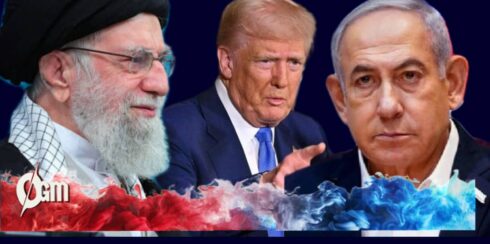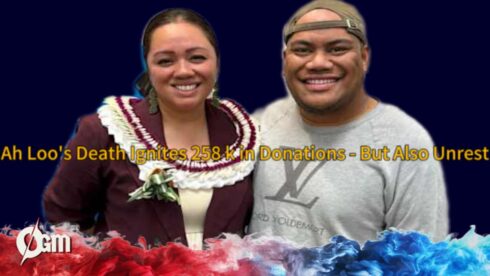At a Monday White House press briefing, President Trump’s “border czar,” Tom Homan, firmly defended the deportation of Kilmar Abrego Garcia to El Salvador, rejecting earlier claims by the administration that it was an “administrative error.” Homan emphasized that while there was an oversight regarding Abrego Garcia’s protection status, circumstances had evolved, justifying the removal.
“I don’t accept the term ‘error’ in Abrego Garcia,” Homan stated. “There was an oversight, there was a withholding order. But the facts surrounding the withholding order had changed. He is now a terrorist, and the gang he was fearing, from being removed from El Salvador, no longer exists.” Homan’s strong defense appeared to signal a broader effort by the Trump administration to double down on controversial immigration enforcement decisions amid increasing legal and political scrutiny.
Homan’s remarks come after internal court filings acknowledged that Abrego Garcia’s deportation contradicted a standing 2019 order granting him “withholding of removal” — a protection granted to individuals facing a credible threat of persecution if returned to their home countries.
The Controversial Label: Is Abrego Garcia a “Terrorist”?
Central to the administration’s justification is the designation of certain gangs, including MS-13, as terrorist organizations, a step President Trump authorized in early 2025. Homan asserted that Abrego Garcia is now considered a terrorist under these new standards. However, this claim is sharply disputed by Abrego Garcia’s legal team, who maintain that their client has no affiliation with MS-13 or any criminal organization.
Abrego Garcia, who entered the U.S. illegally and was arrested while soliciting work outside a Home Depot in Maryland, has no criminal record either in the United States or El Salvador. His attorneys argue that authorities relied on superficial indicators — like a Chicago Bulls hat and a hoodie with “Hispanic gang culture” graphics — and an uncorroborated police source to tie him to gang activities.
“The government’s accusations are not backed by any convictions or even arrests related to gang activity,” Abrego Garcia’s attorney emphasized. “Labeling him a terrorist without substantial evidence is a grave injustice and a violation of due process.”
El Salvador Refuses to Return Abrego Garcia to the U.S.
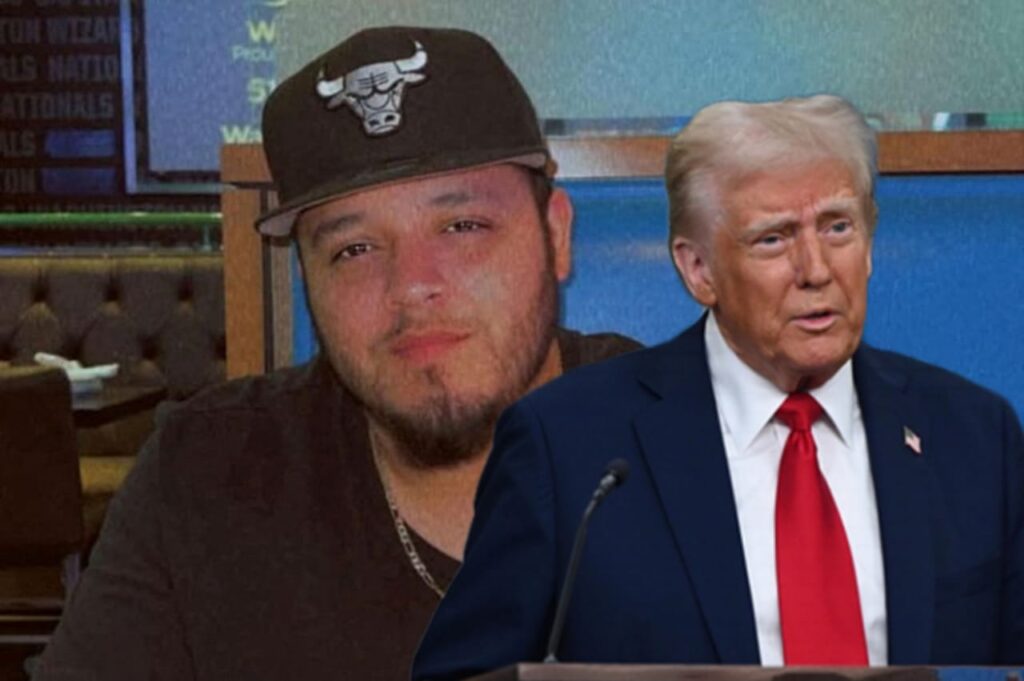
Adding to the diplomatic tensions, Salvadoran President Nayib Bukele made it clear during a recent Oval Office visit that his government has no intention of returning Abrego Garcia to the United States. Bukele’s stance was reaffirmed by White House Press Secretary Karoline Leavitt during Monday’s briefing.
“I will tell you what the president of El Salvador told you in the Oval Office: El Salvador does not intend to smuggle a designated foreign terrorist back into the United States,” Leavitt said. “He is an El Salvadoran national. That is his home country. That is where he belongs.”
Following his controversial deportation, Abrego Garcia was initially placed in El Salvador’s notorious maximum-security Terrorism Confinement Center. However, earlier this month, he was transferred to a lower-security facility, suggesting a shift in how Salvadoran authorities are treating his case.
Legal Battle Intensifies: Federal Judge Presses for Answers
The deportation saga has now spilled into federal court, with U.S. District Judge Paula Xinis in Maryland demanding greater accountability from the Trump administration. Last week, Judge Xinis temporarily paused her earlier order requiring government officials to produce documents and testimony regarding Garcia’s case.
The Department of Justice requested a seven-day stay on discovery obligations, citing the complexity of the situation. Garcia’s attorneys filed a sealed response opposing the delay. In a move signaling the seriousness of the matter, Judge Xinis granted a stay until April 30 at 5 p.m., stressing it was “with the agreement of the parties.”
Judge Xinis had previously criticized the administration’s handling of the case, accusing them of demonstrating a “willful and bad faith refusal to comply with discovery obligations.” The next steps could determine whether the administration will be compelled to facilitate Garcia’s return or face further legal penalties.
Broader Implications for Immigration Enforcement and Policy
The case of Kilmar Abrego Garcia is shaping up to be a flashpoint in the ongoing national debate over immigration enforcement, due process, and executive authority. Critics argue that the Trump administration’s designation of gangs as terrorist organizations, while aggressive, risks sweeping innocent individuals into a dragnet based on flimsy evidence.
Immigration advocates warn that the Abrego Garcia case sets a dangerous precedent, where individuals granted legal protections can be deported based on new, unproven allegations without proper judicial review. “This isn’t just about one man,” said a spokesperson for the American Immigration Lawyers Association. “It’s about the integrity of our immigration system and the fundamental rights it is supposed to protect.”
As the legal and political battles continue to unfold, the fate of Kilmar Abrego Garcia remains uncertain — caught between two governments, two legal systems, and a growing storm of controversy.



